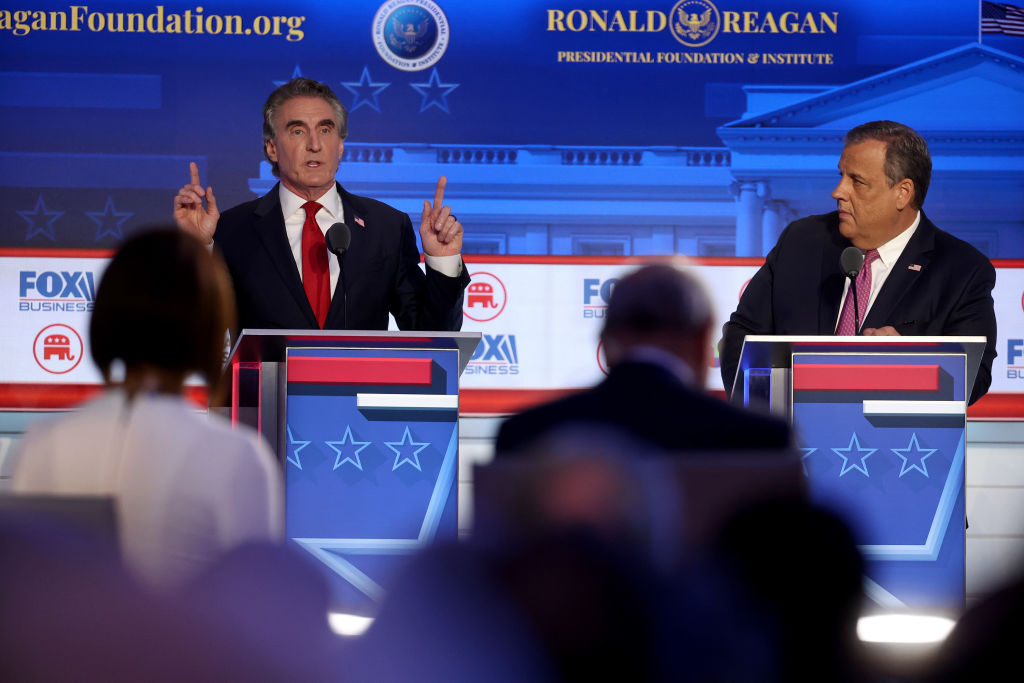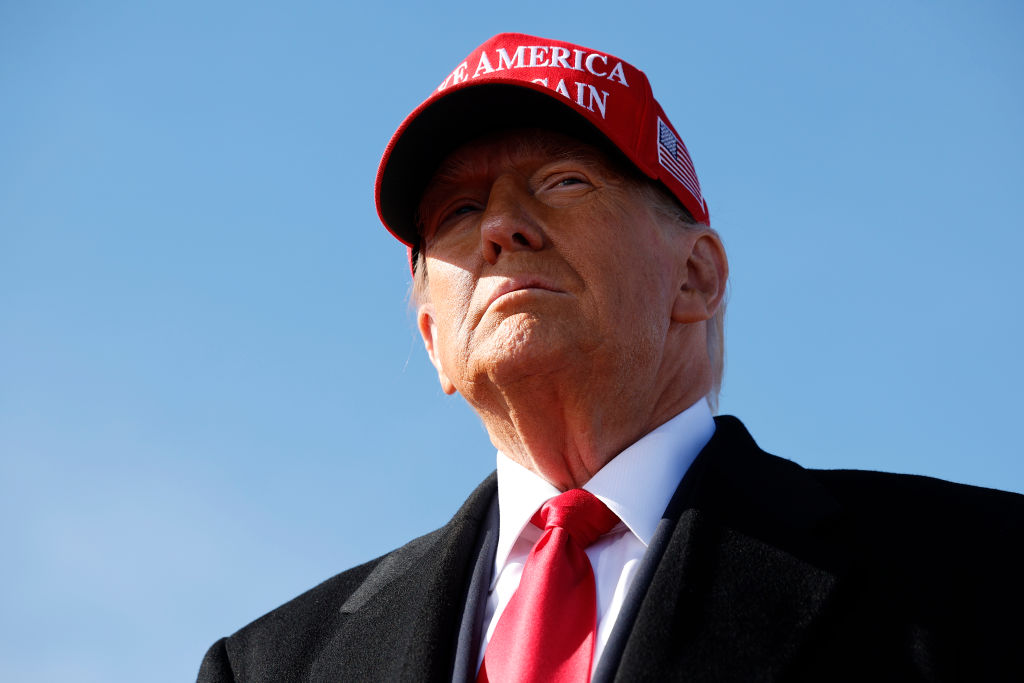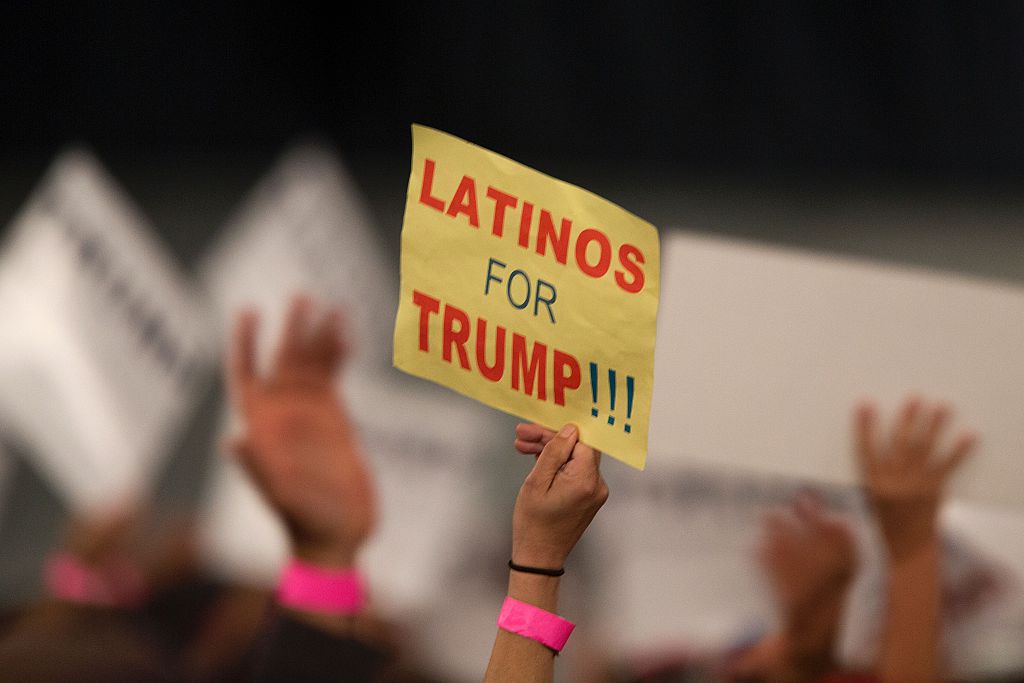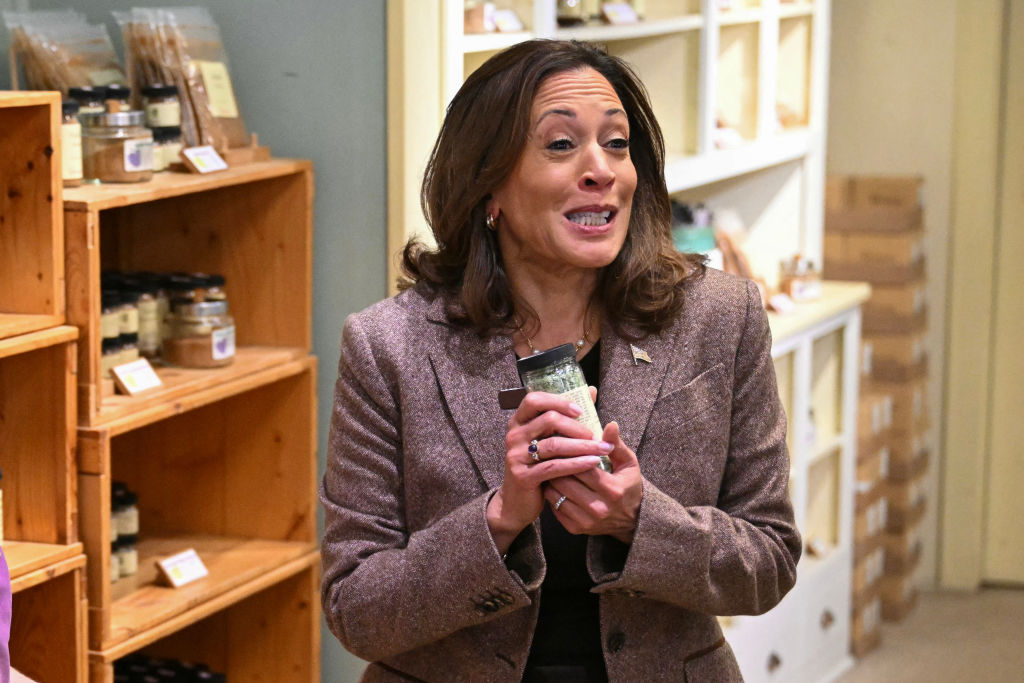Wednesday night’s Fox Business and Univisión Republican primary debate offered some of the most amusing attempts to pander to Latinos on record. Five seconds in and moderator Stuart Varney half had a stroke pronouncing his co-moderator’s last name, Calderón. Additionally, Varney, who also has a funny accent and wasn’t born in the US, couldn’t properly pronounce “Univisión,” an even less forgivable faux-pas. Didn’t he practice? Couldn’t he ask for the teleprompter to read “uh-knee-bee-sion”?
Initial blunders aside, the inclusion of Jorge Ramos’s sidekick, Ilia Calderón, as a moderator was not bright at all. There are are hundreds of great Hispanic journalists out there that have good pronunciation, went to college in the US and don’t hate Republicans. The Colombian-born journalist might have the wholesome accent we all love, concocting the most mellifluous of words, such as “banrubsi,” (bankruptcy) “gobernohr” (governor) and “protec,” but the real problem with her suitability for a GOP debate is what she thinks, not what she looks or sounds like.
One obvious red flag is that the “pioneering Afro-Latina news anchor,” as MSNBC puts it, wrote a book titled My Time to Speak: Reclaiming Ancestry and Confronting Race. Were that not enough, she also rose to prominence after winning an Emmy award for interviewing a Ku Klux Klan leader in 2017. After being threatened by the North Carolinian hate group head, she juiced up the experience, drawing comparisons between former president Donald Trump and the white supremacist organization.
With this in mind, her performance shouldn’t have been surprising: of course she was going to make the debate all about immigration, race and extremism, all of which are things that Hispanic conservatives and independents do not lose sleep over as much as she does.
Not surprisingly, she brought up the DACA question, leading former vice president Mike Pence to refuse to answer a question that any Republican who knows the state of the party would have easily answered. Additionally, she asked a series of other Latino-specific, or should we say, liberal Latinx-specific, questions that produced answers that will have made thousands of watchers cringe, for example the fact that Senator Tim Scott boasted having “the only Hispanic female chief of staff in the Senate.” At many points throughout the debate, you had to wonder: had these people forgotten about their voter base?
It’s easy to understand the urge to appeal to Latinos. It is smart politics, as they have a large presence in many swing states. And there are intelligent ways to do so, such as using more geo-targeted ads in Spanish, like the ones we started to see in South Florida in 2020. Additionally, there are issues that could definitely be emphasized to reach Latinos, like policy vis-à-vis Latin America and religious freedom.
For those who haven’t been paying attention, Hispanics have been running to the right in the last few years. With Trump and his fixation on immigration, the GOP has attracted more, not fewer, Hispanics. After all, the Hispanics that matter in winning an election — the Hispanics that can vote — care about much more than immigration and identity politics. In fact, those two issues annoy a vast portion of Latinos as much as they annoy white voters.
If Republicans writ large want to win over Latinos, as odd as it may sound to some, they have to learn some lessons from Donald Trump and his no-BS attitude. His pandering, for what it’s worth, was transparent and therefore somewhat refreshing. He doesn’t need elaborate pro-Latino lines to attract voters, and he doesn’t do a lot of it from the national stage.
For this reason, the most recent Univisión survey shows that 50 percent of Republican Hispanics plan to vote for him in the 2024 primaries, with undecided voters taking the second place and DeSantis the third. For context, when compared to a recent Monmouth University poll, Latinos appear to prefer Trump more than the average primary voter. But then again, who knows? Maybe if Trump had a Latina chief of staff he’d be doing even better…

























